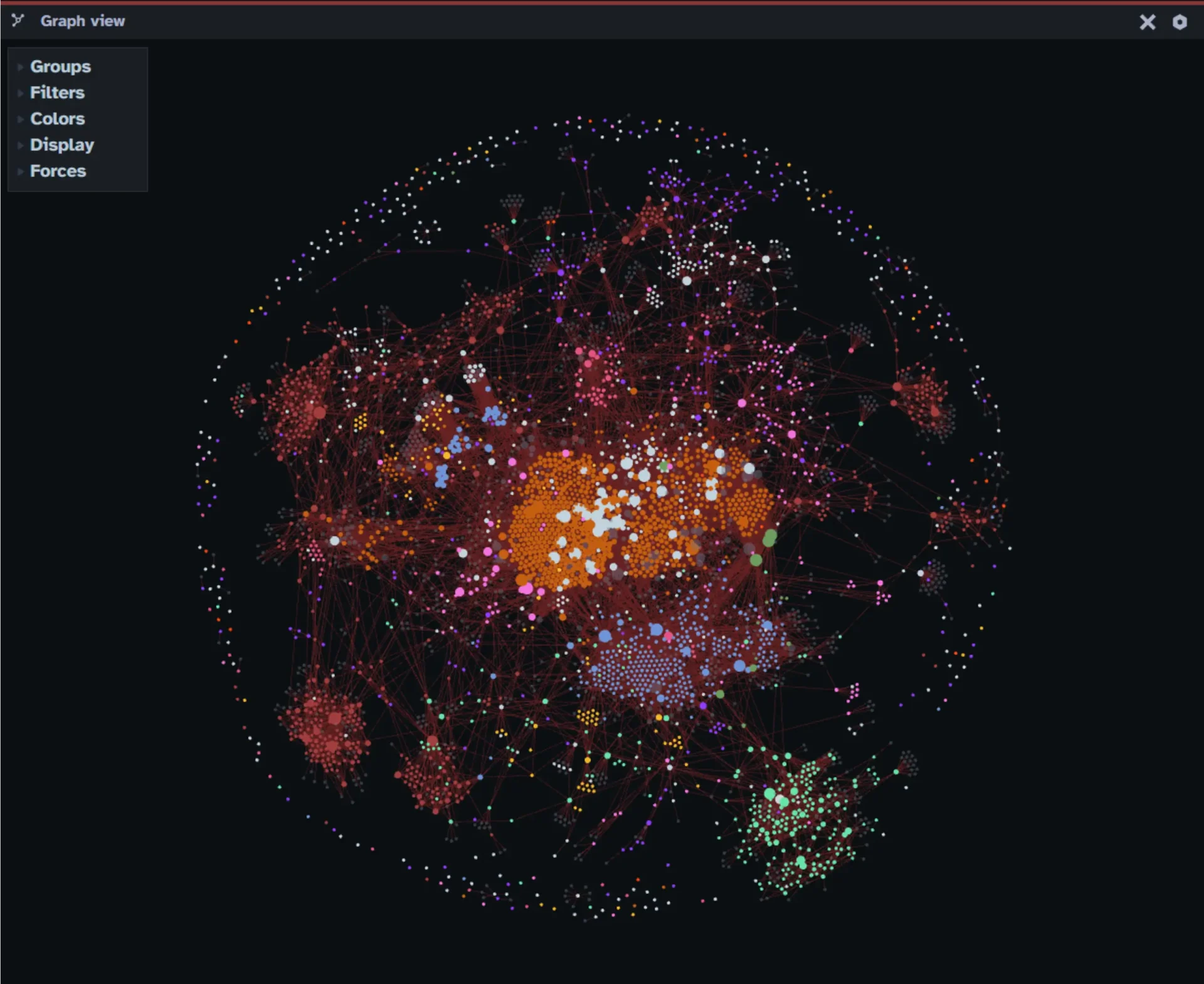The Death of PKM Note-Taking Apps is Coming
Pkm Death
Jan 25

The world is changing and so will PKM note-taking apps. Here's an in-depth look at where we believe PKM market is going in 2024 and beyond.
After years of helping people pick note-taking apps.
There's one question that recurs constantly for me and that's why haven't I gotten into PKM software or process management.
PKM stands for personal knowledge management and is the process of organizing your notes in an organized fashion around progressive learning, ideas, and reflection.
The rise of modern-age PKM apps started, at least from my perspective, in 2017 but many began years ago as they structured their note-taking with systems like Zettlekasten, GTD, and more, to help organize their digital "second brain".
And since, apps like Obsidian and Reflect Notes, Tana, Capacities & more have sprung onto the scene with a global interest to bring all your brain's thoughts into one spot.
But as fast as they've arrived and PKM has been normalized, I believe PKM will turn from being a productive habit to a mindfulness habit.
And here's my thinking.
The Impact of AI on PKM
With the rise of AI tools comes a new era for productivity tools.
That era is simply, 40% less administration. Yes, anything you were doing before, take 40% of the basic management of it away. So with your note-taking app, remove 40% of the time you formerly took to self-manage it, or even your tasks, the same concept.
This is just a theory of mine that showcases the next 2-3 years of what AI will do to productivity software, essentially taking the weight out of "productive" activities.
And this AI revolution I believe attacks the core pillars of what PKM is about.
PKM, yes, is about the reflection, the connections, and the self-development of your mind and work, but the actions you take to do that will soon be done by AI automatically for you, so the role of the deemed productive activity will fade away.
The Core Pillars of PKM Features
Let's dig into this a little bit further.
If we look at PKM as a three-core pillar. We have these core features that separate it from a traditional and regular note-taking application like Evernote (for example).
- Graph - for reflecting on connections
- Backlinks - for making the actual connections
- Re-surfacing - for bringing back the notes that matter
These three pillars are in nature perceived productivity.

Graphs are largely visualizations of connections, they still require us to unpack them. Backlinks are manual and require administrative work to manage, and finally re-surfacing takes work, whether they be presented via backlinks or another means.
All of these are micro-productivity activities that have become pillars of PKM and in my opinion, whilst mindful, won't be the future of productivity.
PKM Apps Become Mindfulness Apps
Mindfulness applications focus on reflection and thoughtful engagement, contrasting with productivity applications designed to save time. With the dawn of AI, this is where I believe PKM apps will move into.
A process or mindful activity, versus the basis for a productivity app.
A productivity app will turn into an app or software that completes errands for you, small tasks whether that be research, insights, or data gathering, as a dashboard to work. A prompt engine mixed with what we have today, an organization system.And without PKM tools adapting to this change, which they can do, like with the rise of visual note-taking apps for example, then they in my eyes, become mindful tools.

This evolution will foster applications that support spatial, voice, and visual computing. Newer tools like Heptabase and Scrintal, which offer flexible canvases for organization and creativity, illustrate the potential direction of PKM tools.
While the PKM market faces challenges, its evolution towards integrating AI and reducing manual management holds promise for transforming productivity and note-taking.
What do you think?
I'd love to connect on Twitter @FrancescoD_Ales to underpin some of these topics and whether I'm largely off, or whether I can expand on my thoughts.
Explore More Productivity Apps & Software
From trending reads, trending tools and beyond
Choose from hundreds of productivity tools
View All




